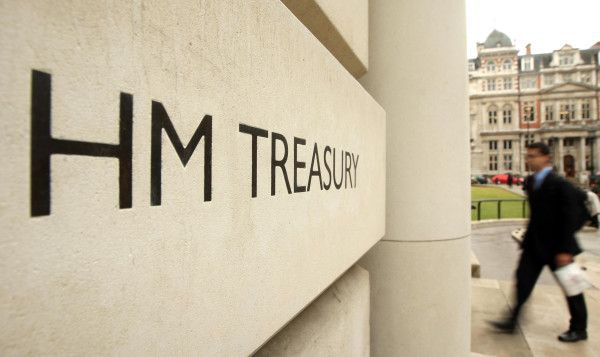

In recommendations published today (25 May) the Office for Tax Simplification noted the tax paid on dividend income is materially lower than on other forms of income.
The dividend tax allowance for the financial year 5 April 2018 to 5 April 2019 is £2,000, down from £5,000 the year before. Basic rate taxpayers pay 7.5 per cent tax on dividend income over this allowance, while higher rate tax payers pay 32.5 per cent, and additional rate taxpayers pay 38.1 per cent.
Dividends on investments held in Isa accounts are tax free.
In today's 50-page report, the OTS said there is a high level of awareness of the Isa allowance, but much less awareness of the taxation system for dividends. The OTS said it is “complex” to figure out how to tax dividends, and it proposes taxing dividends at the same rates as income.
This would mean, at 20 per cent for basic rate taxpayers, 40 per cent for higher rate and 45 per cent for the highest rate taxpayers.
The OTS also suggested that the taxman review the current rules around pension drawdown.
Gareth James, head of technical resources at AJ Bell said the approach to taxation of pension freedom withdrawals is loaded in favour of HMRC.
These rules mean many retirees are hit by emergency tax as soon as they enter the decumulation phase because they move to a different tax code.
The OTS proposed the HMRC look at ways to fix this.
"Hundreds of thousands of people will have received a lower amount after tax than they were expecting because of the extra tax deducted from their payments. Whilst this can be reclaimed, the fact is lots of people will not be aware that they need to do this,” Mr James said.
Rachel Griffin, tax and financial planning expert at Old Mutual Wealth, said the changes proposed by the OTS were needed.
“Relics of the past are lingering in the tax system and when combined with additional rules have created something like Frankenstein’s monster.
"Instead of being a coherent well-oiled system the taxation of savings has had numerous bolt ons, which makes the whole thing confusing for the industry let alone consumers.
"The issue with the savings industry is not that it isn’t working but that, in some respects, it’s easier for people to take on debt than to ascertain the most tax efficient way to save.
The OTS report also called for an end to the rule that forbids people to take out only one of each type of Isa in a year. The organisation also suggests that partial transfers of Isa money be allowed during a tax year.
Kate Smith, head of pensions at Aegon said: ““Allowing partial transfers of money invested in-year and the removal of a requirement that a saver can only take out one Isa of each type per year, will make tax-free saving more flexible, easier and simpler than it ever has been.
“It is crucial that savers are able to make informed decisions about the implications of tax-advantaged products and making saving in an Isa straightforward and easy to understand.
"We believe that simplifying Isa rules for savers will encourage more people to save even more.”
David.Thorpe@ft.com



